As a BetterHelp affiliate, we receive compensation from BetterHelp if you purchase products or services through the links provided
Anxiety, a common emotional disorder, can manifest as physical symptoms, including arm pain. Understanding how anxiety interacts with our body and how it might lead to such discomfort is crucial. This article will discuss how anxiety affects the body and potentially causes arm pain.
Understanding the relationship between anxiety and arm pain requires a closer look at the physical manifestations of anxiety. The body tends to tense up when stressed or anxious, leading to muscle tightness and discomfort in various areas, including the arms. Recognizing and distinguishing the symptoms from other possible underlying conditions can help you better address and manage your anxiety-related arm pain.
There are various ways to alleviate anxiety-induced arm pain, such as medical and alternative treatments. Identifying the right approach to managing anxiety and its physical symptoms is vital to improving your overall well-being and regaining control over your body’s response to stress.
Key Takeaways
- Anxiety can cause physical symptoms, including arm pain, due to muscle tension and stress.
- Recognizing anxiety-induced arm pain and distinguishing it from other conditions is essential for proper management.
- Exploring various medical and alternative treatments can help alleviate anxiety-related arm pain and improve overall well-being.
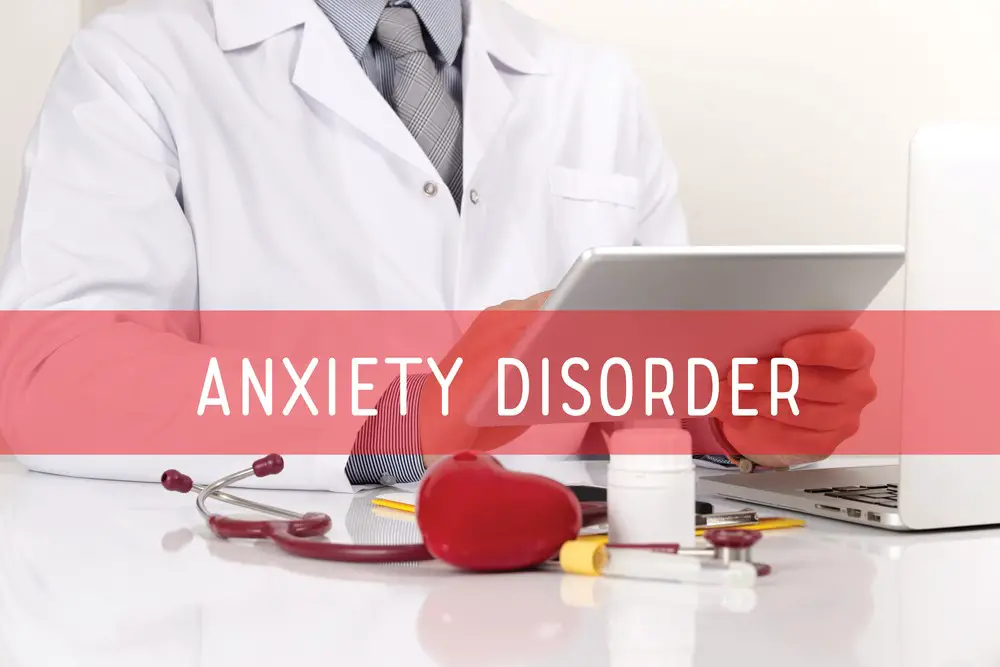
Understanding Anxiety and Arm Pain
Anxiety is a common mental health issue that affects millions of people worldwide. It can manifest in various forms, such as generalized anxiety disorder, social anxiety, and panic disorder. Anxiety often presents with emotional and physical symptoms, including chest tightness, shortness of breath, and muscle tension.
Arm pain can be linked to anxiety in some cases. When experiencing intense anxiety or a panic attack, it is not unusual for individuals to feel pain or discomfort in their arms. This occurs due to muscle tension caused by the body’s stress response and the release of stress hormones like cortisol and adrenaline. In some instances, the annoyance of arm pain can further exacerbate feelings of anxiety, creating a cycle of discomfort and worry.
It is important to recognize that arm pain is not always a direct result of anxiety. Many possible causes include injuries, strain from repetitive use, or underlying health conditions. A medical professional will consider several factors when evaluating a potential connection between anxiety and arm pain. These factors include the individual’s mental health history, recent stressors or triggers, and any potential physical causes for the pain.
To manage anxiety-related arm pain, a combination of mental health care and physical care may be advised. For some individuals, addressing the underlying anxiety disorder through therapy and medication can help to minimize physical symptoms. Techniques such as deep breathing exercises, mindfulness practices, and engaging in regular physical activity can also assist in reducing anxiety and promoting overall mental wellness.
In conclusion, while anxiety can contribute to arm pain, it is not the sole cause of this discomfort. It is crucial for individuals experiencing arm pain and anxiety to seek professional help to address both the physical and emotional aspects of their situation.
 Physical Manifestations of Anxiety
Physical Manifestations of Anxiety
Anxiety can manifest in various physical symptoms, including arm pain. This discomfort typically originates from muscle tension that occurs during times of stress. The body’s natural “fight or flight” response to anxiety can cause muscles to tighten, especially in the neck, shoulders, and arms, resulting in pain and discomfort.
Feeling arm pain due to anxiety may also lead individuals to worry about more severe health issues, such as experiencing a heart attack. This heightened concern can exacerbate anxiety, creating stress and physical discomfort. It is essential to note that while anxiety-induced arm pain may feel similar to the sensation of chest pain during a heart attack, they are different conditions and should be addressed accordingly.
Some common physical symptoms of anxiety include:
- Rapid heartbeat
- Shortness of breath
- Dizziness
- Sweating
- Nausea
- Chest pain
Managing anxiety and its effect on muscle tension can help alleviate arm pain. Techniques such as deep breathing, meditation, and progressive muscle relaxation may be beneficial in reducing stress and the physical symptoms associated with anxiety.
Additionally, maintaining a healthy lifestyle through regular exercise, a balanced diet, and adequate sleep can minimize anxiety and its physical manifestations. In some cases, seeking professional help from a therapist or medical professional may be necessary for managing anxiety and related symptoms.
In conclusion, anxiety can cause arm pain primarily due to stress-related muscle tension. Recognizing this connection can help individuals take appropriate measures to manage their anxiety levels and minimize physical discomfort.
 Recognizing Symptoms
Recognizing Symptoms
When experiencing anxiety, it is common for individuals to notice a range of physical symptoms. One can be arm pain, which might manifest as aching, tingling, numbness, or weakness in one or both arms. Understanding the various symptoms of anxiety-related arm pain is important to identify the condition accurately.
Anxiety can cause several other symptoms, in addition to arm pain. These may include shortness of breath, nausea, dizziness, headache, fatigue, sweating, and lightheadedness. While these symptoms may not always occur simultaneously, they can often appear during heightened anxiety or stress.
In particular, left arm numbness has been associated with anxiety, as it can mimic heart attack symptoms. However, it is crucial to note that anxiety-related arm pain may present in the left or right arm or even both.
It is essential to monitor one’s symptoms during episodes of anxiety, as this will help determine whether the arm pain is connected to anxiety or another underlying condition. Anyone experiencing concerning symptoms should consult a healthcare professional for a proper evaluation and appropriate treatment.
By understanding the various symptoms and signs of anxiety-related arm pain, individuals can better manage their anxiety and seek relevant support when needed. Remember that anxiety manifests differently in every individual, and monitoring one’s physical and emotional responses is key to developing adequate coping strategies.
 Anxiety-Related Disorders and Their Impact
Anxiety-Related Disorders and Their Impact
Anxiety-related disorders, including panic attacks and depression, can manifest in various ways throughout the body. They are common mental health issues that affect people of all ages and walks of life.
One symptom that can arise from these conditions is arm pain. Panic attacks, for example, are often accompanied by chest pain, shortness of breath, and radiating pain in the arms. This physical manifestation of anxiety can sometimes resemble a heart attack, causing further distress and intensified anxiety.
Hypersensitivity is another factor contributing to the impact of anxiety disorders on the body. A mental health condition, such as extreme stress or anxiety, can trigger a heightened response to physical sensations. This may result in the individual experiencing pain in their arm or other areas more acutely than usual.
Depression can also take a toll on the body, causing physical symptoms such as persistent aches and pains that are often difficult to pinpoint or treat. Moreover, those managing depression may become less active, leading to muscle tension and discomfort throughout the body, including the arms.
It is crucial for individuals experiencing anxiety-related arm pain to seek professional help and properly address these underlying mental health issues. A combination of medical and psychological treatments, such as medication, therapy, and lifestyle changes, can effectively manage anxiety disorders and alleviate the associated physical symptoms.
Possible Underlying Conditions
Anxiety can sometimes cause arm pain, but other underlying conditions may be responsible for the discomfort. Considering and evaluating these medical causes is essential to ensure appropriate treatment.
Heart conditions like angina can cause arm pain due to insufficient blood flow to the heart muscle, often resulting from a blockage in the coronary artery. This pain may manifest in the left arm and shoulder, which can also be perceived as an anxiety symptom. Consulting a doctor for a proper diagnosis will help differentiate between anxiety-induced pain and a potential heart condition.
Another common reason for arm pain is carpal tunnel syndrome. This issue occurs when the median nerve that controls sensation in the hand is compressed at the wrist, leading to numbness, tingling, and pain extending up the arm. Repetitive arm movements or wrist flexion can exacerbate this condition.
Tendonitis can also cause arm pain and results from inflammation or irritation of the tendons connecting muscles to bone. Tendonitis can affect various arm parts, including the elbow, wrist, or shoulder. Overuse and repetitive stress are common factors leading to tendonitis.
Arthritis is another factor contributing to arm pain. The degeneration of joint cartilage and the underlying bone can lead to discomfort and stiffness in the arm’s joints, which might be mistaken as anxiety-related pain. Rheumatoid arthritis, a more severe form of arthritis, can also cause inflammation and pain in the wrists and fingers.
A pinched nerve is another cause of arm pain and can result from nerve compression due to muscle or bone issues, like herniated disks in the spine. The pain can manifest as a sharp or burning sensation in the arm, with potential numbness and tingling accompanying it. A medical professional may perform various tests to diagnose this condition and recommend appropriate treatment.
In conclusion, while anxiety can cause arm pain, it is crucial to explore other potential underlying conditions to ensure the appropriate treatment and care. Consulting a healthcare professional for a proper diagnosis is the best course of action when experiencing persistent arm pain.
Impact of Anxiety on Muscles and Tendons
Anxiety can significantly impact the body, particularly muscles and tendons. When a person experiences anxiety, the body releases stress hormones, such as cortisol and adrenaline. These hormones cause the muscles to tense up in a defensive response, preparing the body for a fight or flight reaction.
This constant muscle tension can lead to muscle spasms, inflammation, and even tendonitis. Tendonitis is the inflammation of the tendons, which connect muscles to bones. Prolonged inflammation of the tendons may result in micro-tears and damage over time.
Muscle spasms, a common symptom of anxiety, are sudden, involuntary contractions of one or more muscles. They can be painful and are often caused by overuse, dehydration, or stress. Anxiety-induced muscle spasms can occur throughout the body, including in the arms. These spasms can contribute to muscle stiffness, soreness, and arm pain.
Anxiety can sometimes exacerbate existing muscle or tendon issues, such as underlying inflammation or injuries. The increased tension from anxiety can strain the muscles and tendons, hindering the healing process and potentially worsening the pain.
It is important to note that addressing anxiety and implementing stress management techniques may help alleviate these physical symptoms. Relaxation exercises, deep breathing, and physical therapy can effectively reduce muscle tension and improve overall well-being. However, it is always recommended to consult with a healthcare professional to determine the appropriate treatment for individual cases.
Injury and Arm Pain
Injuries to the arm can manifest in various ways, causing discomfort and pain. One common type of injury is a fracture, which occurs when excessive force is applied to a bone, causing it to break. Fractures can lead to swelling, bruising, and difficulty moving the affected arm.
Another source of arm pain can be a rotator cuff injury. This group of muscles and tendons in the shoulder helps to stabilize and move the shoulder joint. Rotator cuff injuries can result from repetitive overuse, falls, or sudden trauma. These injuries may cause shoulder pain that radiates down the arm and can be accompanied by weakness and stiffness.
Broken bones are another possible cause of arm pain. When a bone in the arm breaks, the surrounding tissues may also become damaged, leading to swelling and bruising. This type of pain is often sharp and localized around the fracture site.
There are several ways to determine whether an injury causes arm pain. Excessive swelling, persistent bruising, deformity, and inability to move the arm without significant pain may indicate an underlying injury that requires medical attention. Furthermore, it is essential to consider the circumstances that led to the onset of pain and any additional symptoms that may provide insight into the nature of the injury.
Prompt diagnosis and treatment of arm injuries can help alleviate pain and aid recovery. Depending on the severity and type of injury, various treatments may be employed, including immobilization, physical therapy, ice and heat applications, pain medications, and in some cases, surgical intervention. By addressing injuries directly and providing appropriate care, individuals experiencing arm pain caused by injury may find relief and healing.
Methods for Alleviating Anxiety-Induced Arm Pain
One effective way to alleviate anxiety-induced arm pain is through regular exercise. Engaging in physical activities such as walking, jogging, or swimming helps release endorphins, reducing stress and promoting relaxation. Aim for at least 30 minutes of moderate-intensity exercise most days of the week for the best results.
Another method to consider is meditation, which involves focusing the mind on a particular thought or object, enabling individuals to achieve mental clarity and a sense of calm. Practicing meditation daily can help reduce anxiety levels and minimize its physical symptoms, including arm pain.
Incorporating relaxation techniques into everyday routines can also help combat anxiety-induced arm pain. Many people find deep breathing exercises beneficial in reducing stress and promoting relaxation. To practice deep breathing, find a quiet space, sit or lie down comfortably, and focus on taking slow, deep breaths, allowing the abdominal muscles to expand with each inhalation and contraction with each exhalation.
Stretching can be another helpful method for alleviating arm pain caused by anxiety. Take a few minutes each day to gently stretch the affected arm, ensuring the muscles and joints are not overworked. Slow, controlled movements can improve flexibility and alleviate muscle tension.
Yoga, a popular mind-body practice, combines stretching, meditation, and deep breathing to promote relaxation and stress reduction. Incorporating yoga into a daily routine can help reduce anxiety levels and improve overall physical and mental well-being.
Lastly, maintaining a healthy diet is crucial for managing anxiety and minimizing its physical manifestations, such as arm pain. Consuming a balanced diet rich in fruits, vegetables, lean proteins, and whole grains can provide the necessary nutrients to support optimal neurological functioning while helping stabilize energy levels and mood. Reducing caffeine and sugar intake can also contribute to a more balanced and relaxed emotional state.
By incorporating these methods into daily routines, individuals can effectively alleviate anxiety-induced arm pain and improve their overall mental and physical well-being.
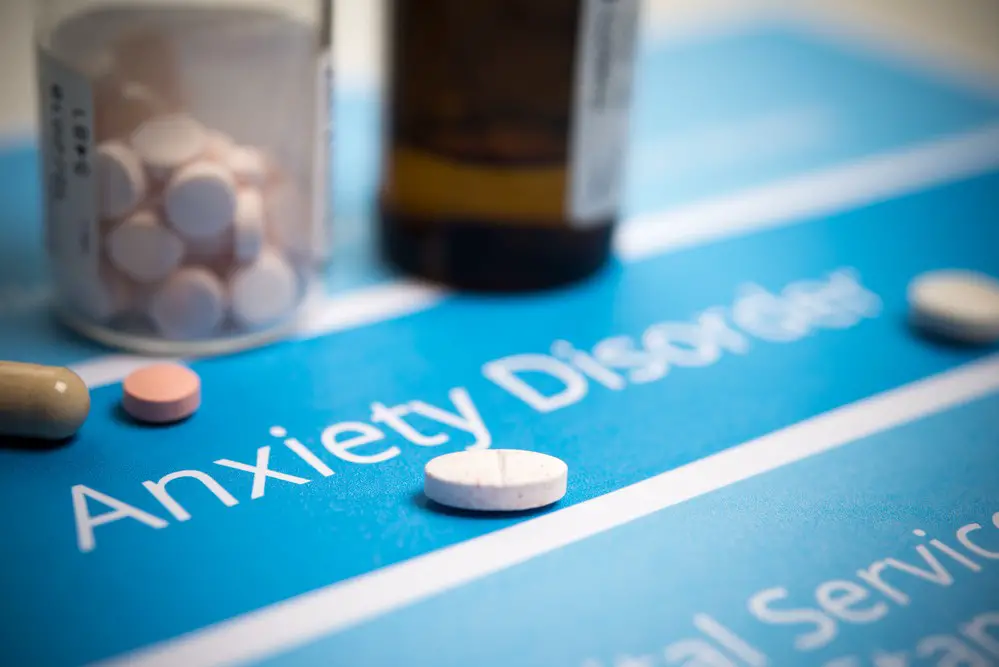
Medical and Alternative Treatments
Anxiety can cause physical symptoms such as arm pain. Depending on the severity and individual preferences, several medical and alternative treatments can help alleviate symptoms.
For moderate to severe cases, medical professionals may prescribe anti-anxiety medication. This treatment helps reduce anxiety and indirectly lessens the likelihood of experiencing arm pain. Pain medication may be prescribed alongside anti-anxiety medication to provide immediate relief in cases where pain is already present.
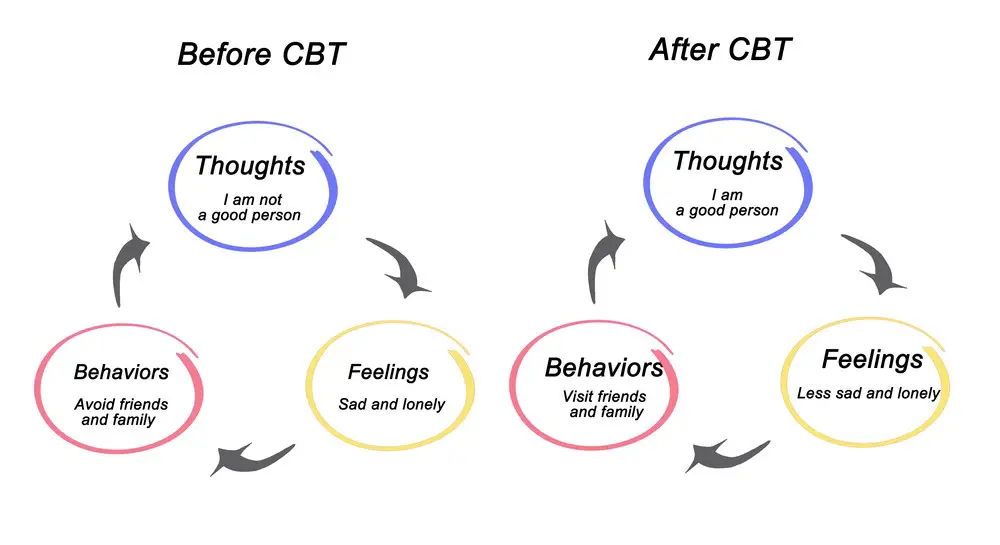 Cognitive behavioral therapy (CBT) is another effective treatment option, focusing on identifying and addressing negative thought patterns contributing to anxiety. By learning how to manage anxiety, a person can potentially decrease the frequency of arm pain episodes. CBT can be combined with medication for a comprehensive treatment plan.
Cognitive behavioral therapy (CBT) is another effective treatment option, focusing on identifying and addressing negative thought patterns contributing to anxiety. By learning how to manage anxiety, a person can potentially decrease the frequency of arm pain episodes. CBT can be combined with medication for a comprehensive treatment plan.
Some individuals may opt for alternative treatments, such as acupuncture or massage. Both methods can effectively relieve anxiety and reduce physical symptoms such as arm pain. Acupuncture involves the insertion of thin needles into specific points on the body, balancing the body’s energy flow and alleviating anxiety symptoms. Massage therapy can reduce muscle tension, improve circulation, and promote relaxation, all of which can relieve pain.
Progressive muscle relaxation is another technique that can help alleviate anxiety-related arm pain. This method involves tensing and relaxing different muscle groups in a specific order, allowing the individual to develop a better awareness of their muscle tension and learn how to release it. Progressive muscle relaxation can be done at home, making it an accessible option for those seeking relief.
In addition, home remedies can be used to manage anxiety-induced arm pain. These remedies include practicing deep breathing exercises, engaging in physical activity, and employing natural stress reduction techniques like meditation or yoga.
By exploring a combination of medical and alternative treatments, individuals can find the most effective strategies for managing anxiety and addressing the associated arm pain.
When to Seek Emergency Treatment
Seeking emergency treatment is crucial when experiencing severe arm pain accompanied by other symptoms such as chest pain or shortness of breath. These symptoms can indicate a potential heart attack or a medical emergency. Do not delay or hesitate to call for emergency medical assistance in these situations, as a timely response can greatly reduce complications and even save lives.
Recognizing the warning signs is key to determining whether arm pain is due to anxiety or a more serious issue. Some additional symptoms to be aware of include:
- Sudden, intense pain: If the pain is sudden and severe, accompanied by a sensation of pressure or tightness in your chest, seek immediate help.
- Numbness or tingling in arm: Should numbness or tingling accompany the pain, particularly if it extends to your jaw, neck, or back? This may be a sign of a medical emergency.
- Difficulty breathing: If the pain is accompanied by shortness of breath, lightheadedness, or fainting, seek help immediately.
- Sweating: Profuse sweating, especially if accompanied by any of the above symptoms, maybe a sign of a heart attack or other medical emergency.
While anxiety can cause arm pain, do not ignore or dismiss the potential for a more severe underlying cause. Stay vigilant and attentive to the symptoms you or your loved one experience, as prompt action in seeking emergency treatment can significantly affect outcomes.
Frequently Asked Questions
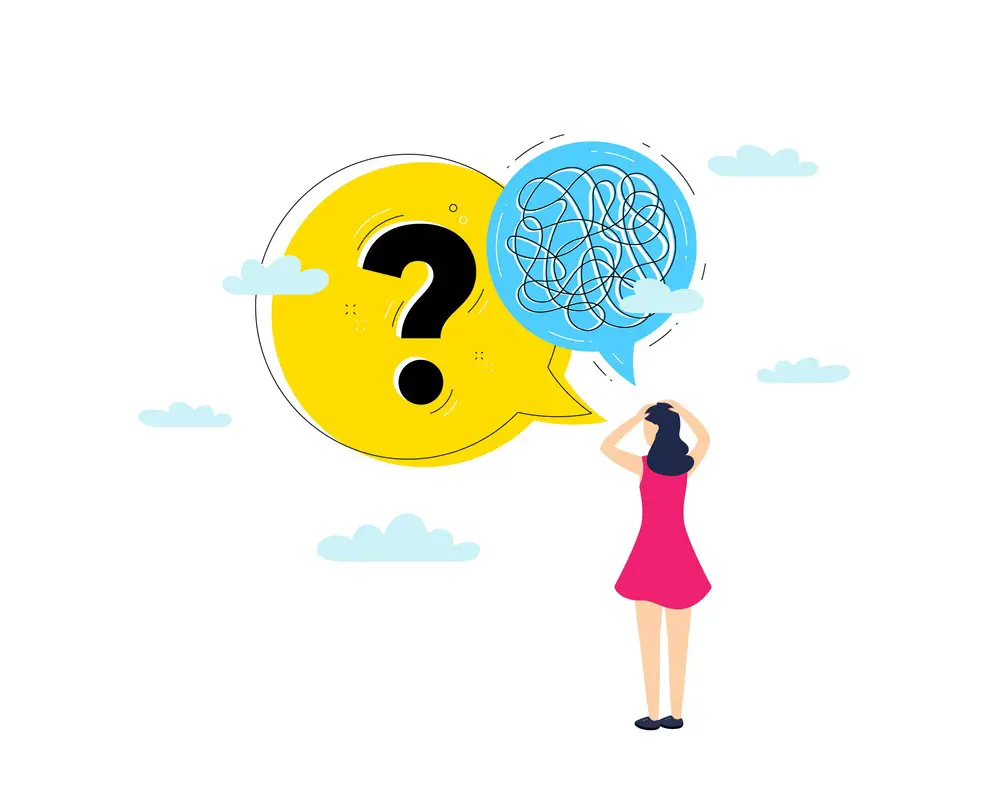
Can stress lead to arm discomfort?
Yes, stress can indeed lead to arm discomfort. When a person is anxious or stressed, their muscles may tense up, leading to sensations of discomfort or pain in the arms.
What are the symptoms of anxiety-related arm pain?
Anxiety-related arm pain can manifest as a dull ache, tingling, numbness, or even sharp shooting pains. Other anxiety symptoms, such as rapid breathing, increased heart rate, and excessive sweating, might accompany these symptoms.
How to differentiate between arm pain due to anxiety and other causes?
To differentiate between anxiety-related arm pain and other causes, observing other symptoms and the context in which the pain occurs is essential. Arm pain caused by anxiety usually subsides when the person calms down or practices relaxation techniques. However, it’s crucial to consult a healthcare professional if the pain persists or worsens, as it could indicate an underlying medical condition.
Can both arms experience pain from anxiety?
Yes, both arms can experience pain from anxiety. The discomfort might be present in one or both arms, depending on the individual’s response to stress and anxiety.
Are there ways to alleviate arm pain caused by anxiety?
To alleviate arm pain caused by anxiety, the person can try relaxation techniques such as deep breathing, progressive muscle relaxation, or meditation. Regular exercise, a healthy diet, and sufficient sleep can also help manage anxiety levels. If the pain persists despite these efforts, it’s essential to consult a healthcare professional for further evaluation and guidance.
Is it common to have shoulder and arm pain due to anxiety?
It is relatively common for people experiencing anxiety to report shoulder and arm pain sensations. Anxiety can cause muscle tension and discomfort throughout the body, including the shoulders and arms. However, it’s crucial to consider other potential causes and consult a healthcare professional when dealing with persistent or severe pain.
As someone who has faced mental health challenges while dealing with a narcissistic ex-partner who consistently breaks court orders and refuses to allow me to communicate with my children, I understand the importance of prioritizing self-care and seeking help when needed. I take Lexapro to manage my symptoms and take long daily walks to stay grounded and centered. I write articles about mental health and narcissism to offer support and guidance to others who may be facing similar challenges. I hope that by sharing my experiences, I can help others find the strength and resources they need to navigate difficult relationships and manage their mental health.
- 7 Ideas to Help You Relax and Unwind on a Family Vacation - April 27, 2025
- How Having Cybersecurity Protection Helps You Relax - April 25, 2025
- 8 Reasons Why Spending Time Outside Calms You Down - April 25, 2025
This site contains affiliate links to products. We will receive a commission for purchases made through these links.

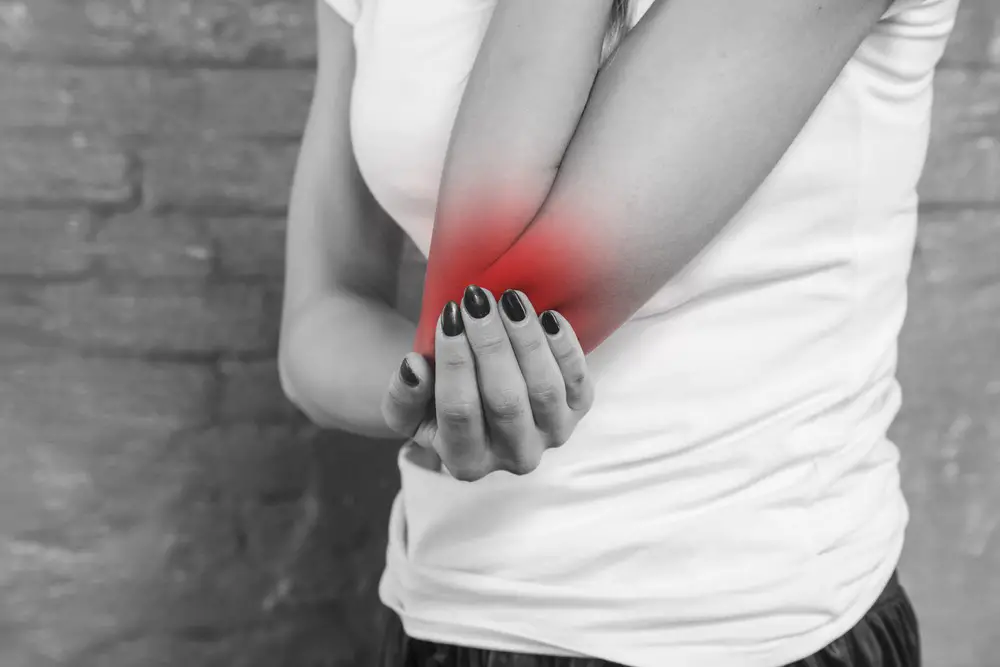
 Physical Manifestations of Anxiety
Physical Manifestations of Anxiety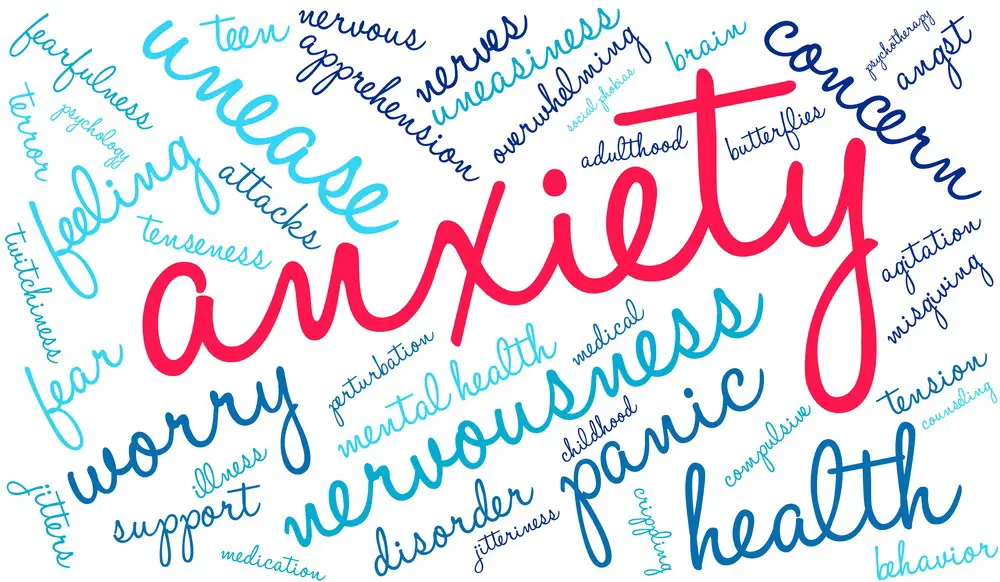 Recognizing Symptoms
Recognizing Symptoms Anxiety-Related Disorders and Their Impact
Anxiety-Related Disorders and Their Impact
